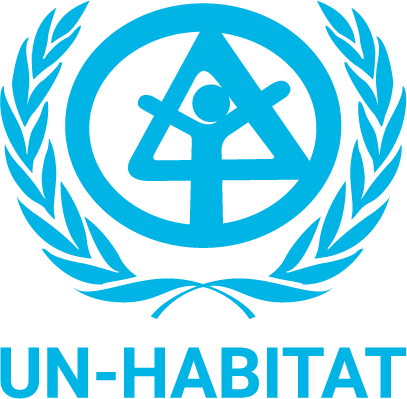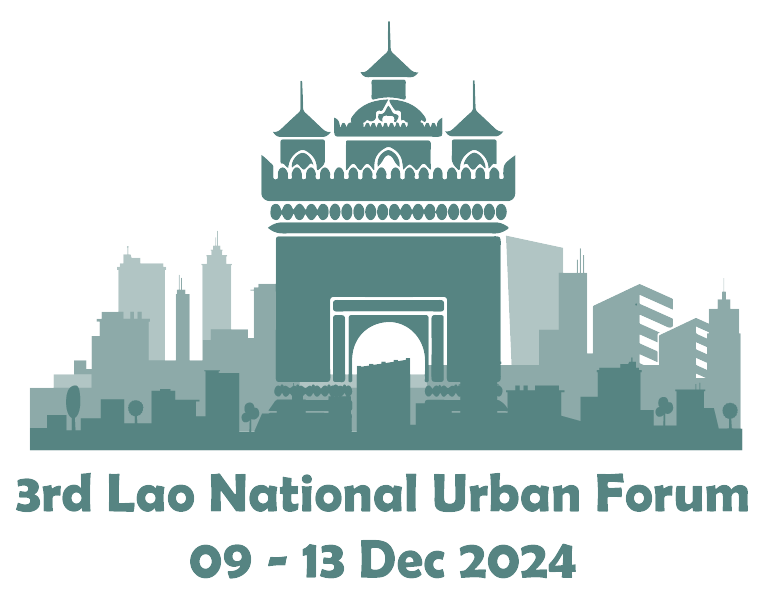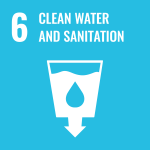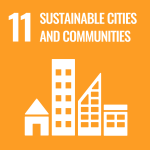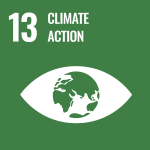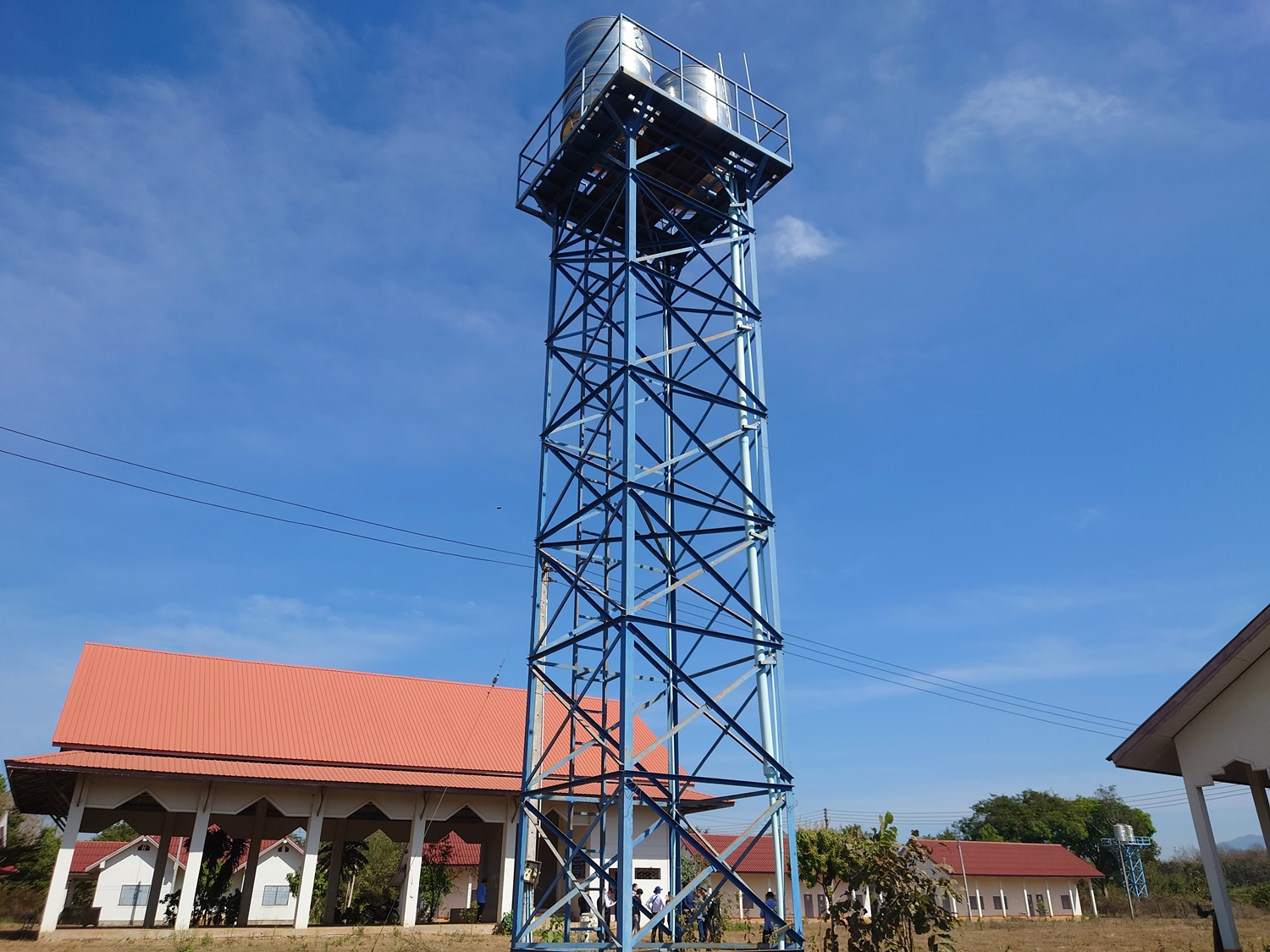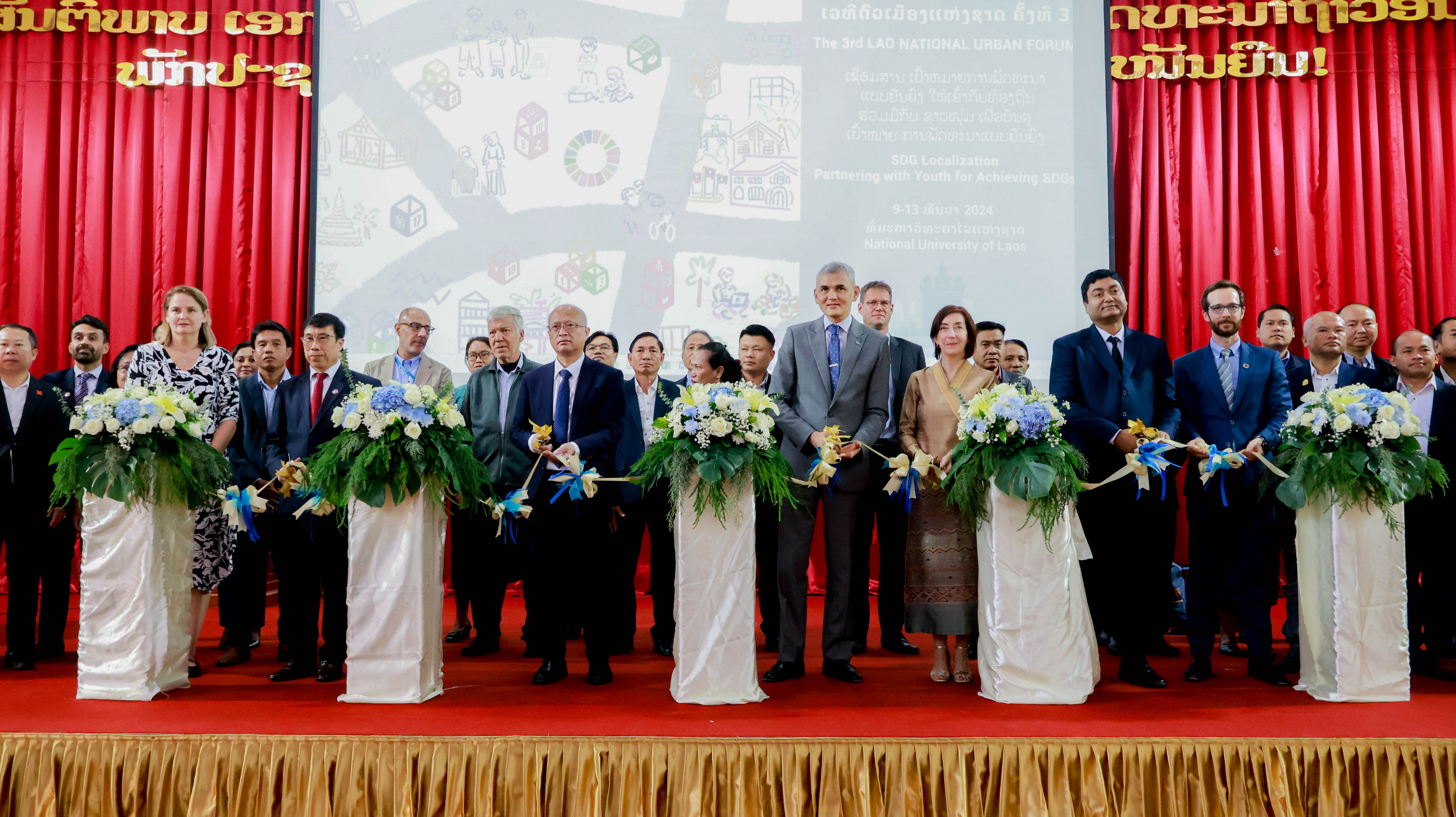The tropical storms and heavy monsoon rains that affected Lao PDR during the months of July and August 2018 caused unprecedented scale of floods and landslides across Lao PDR, which resulted in a high level of damages to houses and basic service facilities. The Government data indicated that a total of 31 districts across 11 provinces were affected, with most severe damages recorded in the shelter sector. Data collected during the Post Disaster Needs Assessment (PDNA), conducted by UN-Habitat in collaboration with the World Bank, indicated that 1,620 houses were destroyed and 681 were partially damaged across four provinces – Oudomxay, Luangprabang, Xiengkhouang and Attapeu (UNHabitat, 2018).

